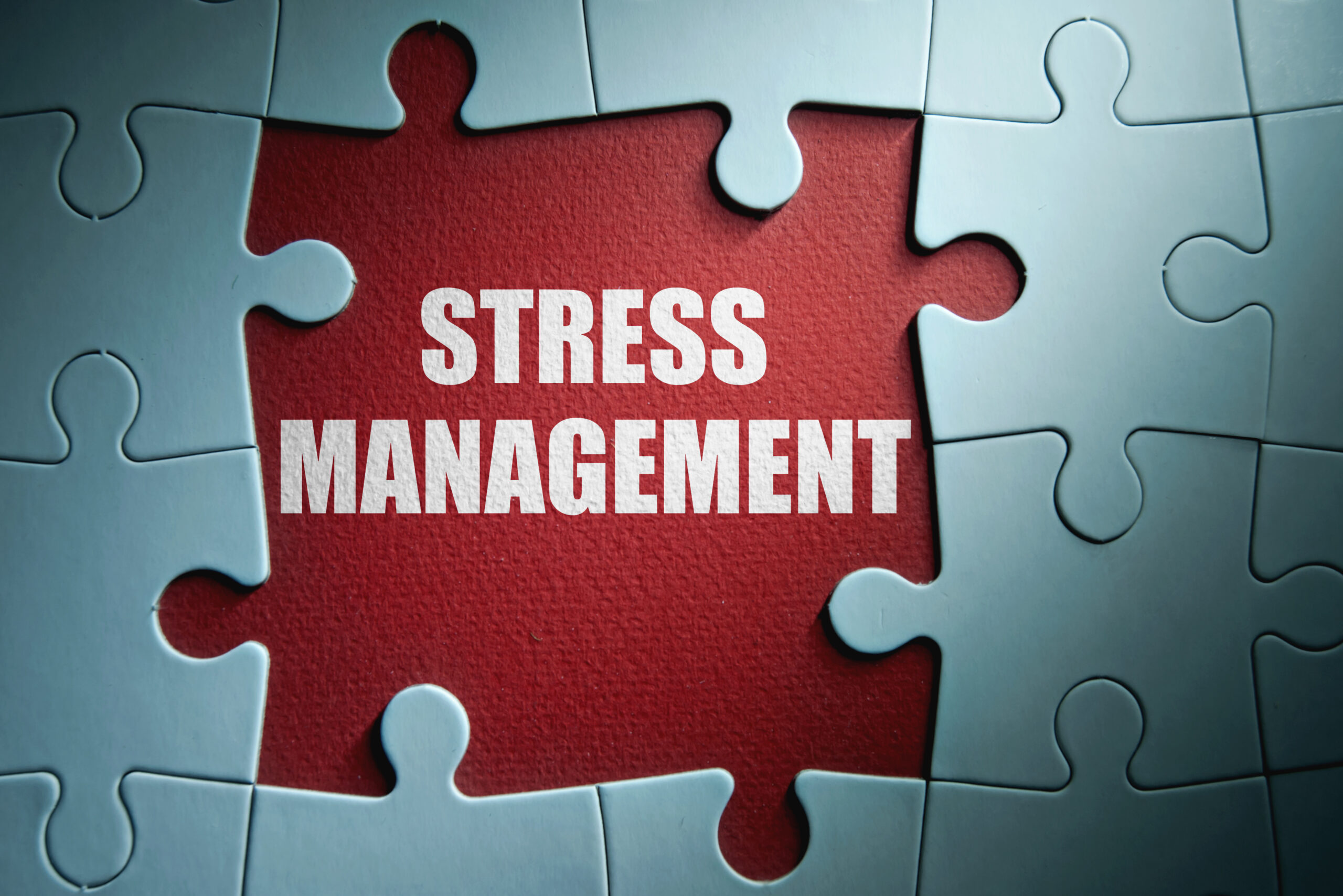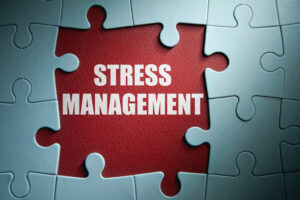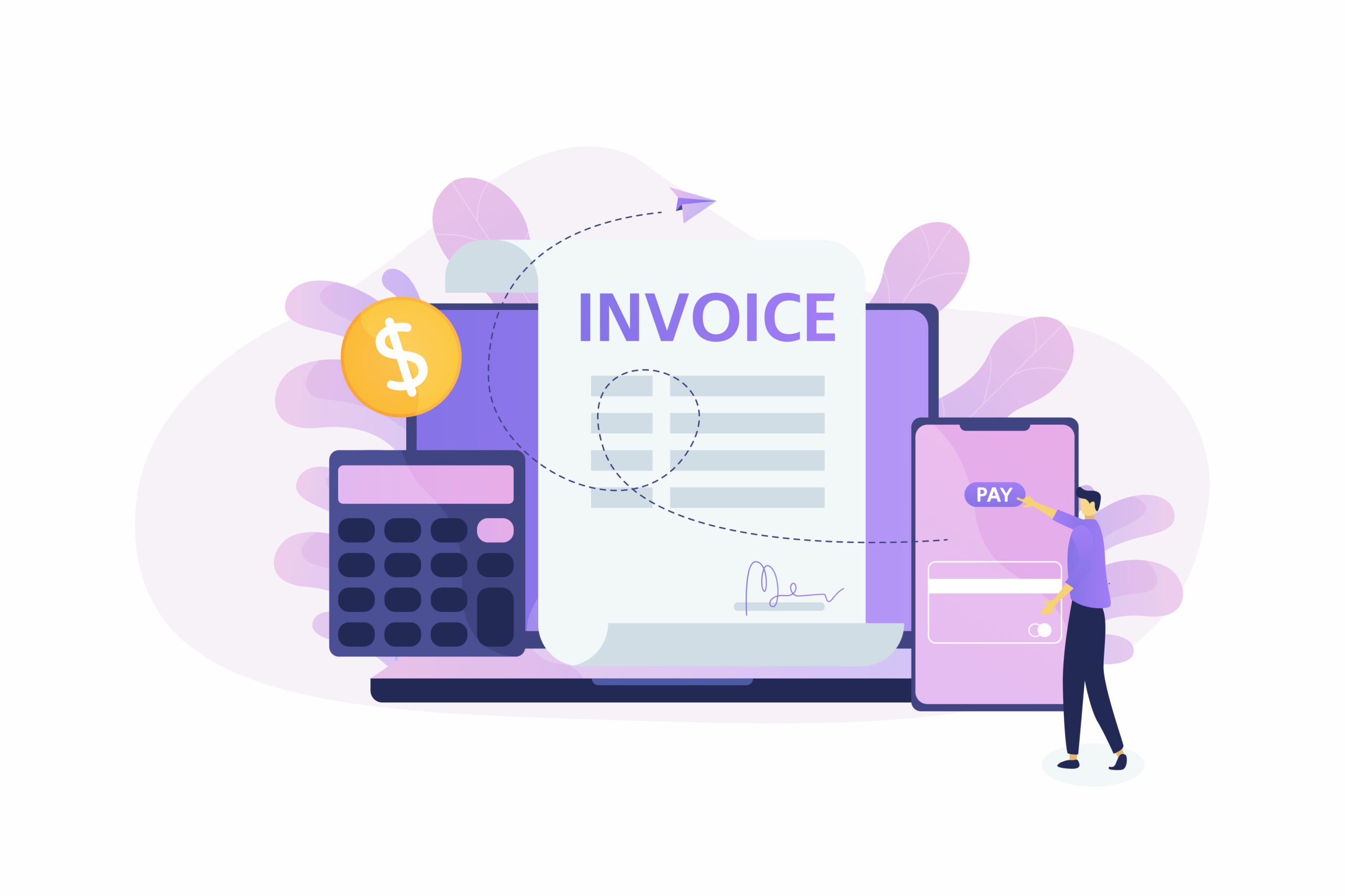Five tell-tale signs that stress is affecting your work life
By Owen Gough on Small Business UK - Advice and Ideas for UK Small Businesses and SMEs It can be hard to cope when work gets too much. Here are some helpful tips to help you manage your stress The post Five tell-tale signs that stress is affecting your work life appeared first on Small Business UK.

By Owen Gough on Small Business UK - Advice and Ideas for UK Small Businesses and SMEs

It’s no secret that stress plays a significant role in employee sickness. In the UK in 2022/23, the HSE reported that 35.2 million working days were lost due to work-related stress.
Clearly it’s important where work is having an adverse effect on your mood and overall mental well-being to talk to your employer. They will be able to help you address the issue and reorganise your workload if necessary, to reduce the pressure on you.
However, many of us often don’t realise just how stressed we are at work until it becomes a significant problem. When we start to become anxious about our workload, the temptation may be to grin and bear it, and hope that the mental pressure subsides.
In practice though, it’s much better to address work-related stress early on, so that you can take the necessary steps to tackle it.
Here are five tell-tale signs that stress is having a negative impact on your work life. If any of these are affecting you, it might be advisable to have chat with your line manager, so that they can help you address the problem and prevent feelings of stress from becoming worse.
Your eating habits have changed
How and what we eat can be particularly sensitive to our mood.
For instance, if we’re relying on calorie- or sugar-dense foods more than usual, it can be a sign that we’re seeking comfort from anxiety. Prolonged stress in particular can cause an increase in cortisol hormone production which, as a Harvard expert puts it, can motivate us to overeat. If you have more nutritious food to hand, such as berries, nuts or dried fruit, then that it’s likely to quell the temptation to snack on chocolate and crisps.
However, if we are eating significantly less than we normally do or are experiencing a loss of appetite, this can also sometimes be down to nerves or mental pressure. Epinephrine, a hormone our bodies produce in what we perceive as dangerous or high pressure situations, can work to suppress our need to eat. It’s worth getting in touch with your GP if this is happening to you on a regular basis. Forgetfulness can be another route to less-than-optimal nutrition. In this instance, it’s best to set alarms to remind yourself to stop and have something to eat, even if it’s just some hummus and carrot sticks.
So if you find that your dietary habits during your lunch hour or when you get home are fluctuating, take note. It could be a sign that pressure is mounting on you at work.
You’re struggling to get organised
Prioritising tasks is much easier to do when we have a manageable workload. However when we become inundated with jobs to do, to the point where stress starts to build, the motivation to keep our to-do lists in order can wane; and this can mean that certain tasks can fall by the wayside, or that you’re having to regularly stay late to get everything done.
So if you feel as though you’re not getting as much done as you used to, or that you aren’t hitting deadlines in as timely fashion as you would prefer, talk to your manager. They could suggest flexible working or extra holiday to help you cope with the stress. They might also recommend a task management platform or something like the Pomodoro Technique, where you work in 25-minute intervals with short breaks in-between.
You’re running late often and you regularly feel tired at work
Stress can make it difficult to get out of bed early in the morning. It might be that constant pressure at work is having a demotivating effect on us and reducing the incentive to get up and get to work on time, or it might also be that anxiety is directly affecting how well we sleep.
It can be common for us to have a bad night in bed due to stress, but be oblivious to this when we wake up. The only noticeable sign of a bad night’s sleep might be that we feel exhausted during the day.
Falling behind in the mornings of course has a knock-on effect on the rest of the day. We might miss the train or get in the car later than usual, and this can delay our arrival at work. Being habitually late as well as feeling perpetually tired should then serve as an alarm bell (excuse the pun) that all is not well in our professional life.
Look out for signs of tiredness including declining concentration and memory and, in turn, declining performance. Stress can also look like persistent low moods and increased caffeine intake to get you through the day.
You aren’t getting on as well with colleagues
Another common side effect of stress is that we won’t have as much time or patience for other people; in work, and sometimes outside of work as well. We might become more defensive, or feel that others are trying to undermine us while the pressure is on. When trust and communication suffers as a result of this, it can create further problems in our work relationships, and make our professional lives even more difficult.
Once more, it can be easy during periods of stress to not know we’re being less agreeable than usual. But if you find that you’re encountering conflict on a more frequent basis, particularly if it’s with people who you would normally get along fine with, then it could be a sign that stress is mounting, and that you need to discuss the issue with your line manager.
Some tips to help manage stress
There are some self-help measures employees can take to reduce feelings of work-related stress. Emma Mamo, of mental health charity Mind, suggested the following:
- Make sure you take a proper break at lunch, so that you can get away from your desk.
- Don’t succumb to pressure to take on extra tasks if you don’t have the capacity to do so (in other words, don’t be afraid to say ‘no’).
- When you leave work, don’t take it with you. This means not checking your work emails on your phone on the way home, or during your free time.
- Try to be methodical with your workload. Begin one task, finish it, when move on to the next.
However, reducing work-related stress sometimes takes more than self-help measures alone. If you feel the pressure on you at work is becoming too much, it’s crucial not to be afraid to talk to your superior about it.
If you are looking for an all-in-one business platform that will reduce your stress, why not try Small Business Pro? With just one subscription, you’ll get a CRM platform, access to 24/7 virtual healthcare for you and your team, and tailored insurance packages, allowing you to relax and focus on the more fulfilling aspects of running your business.
Further reading on managing stress
Employers can help transform attitudes to mental health – Employers can help transform attitudes to mental health in the wake of Prime Minister’s announcement says Activ Absence
Stress – the silent culprit – 91% of employees are stressed at work – Most employees report that they’re stressed at work. Here’s what you can do as a business owner to help prevent stress
Avoid stress and burnout with these six healthy habits: infographic – The team at the UK Domain share six healthy habits that will ward off stress and burnout in small business owners
The post Five tell-tale signs that stress is affecting your work life appeared first on Small Business UK.






















